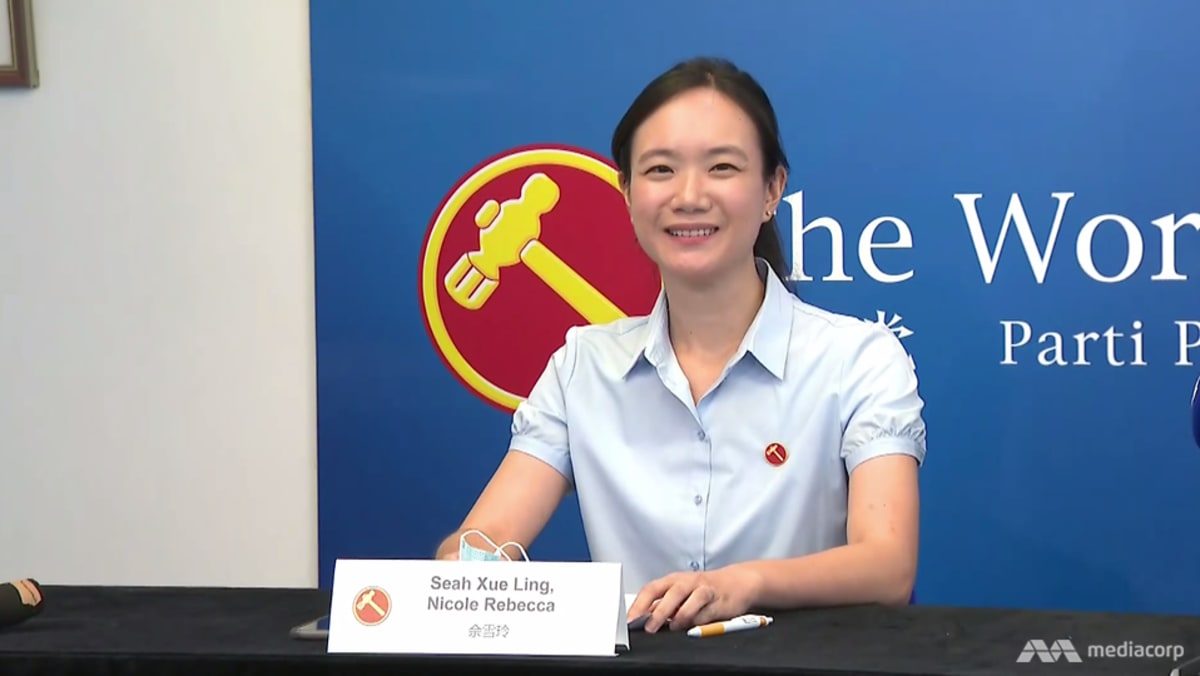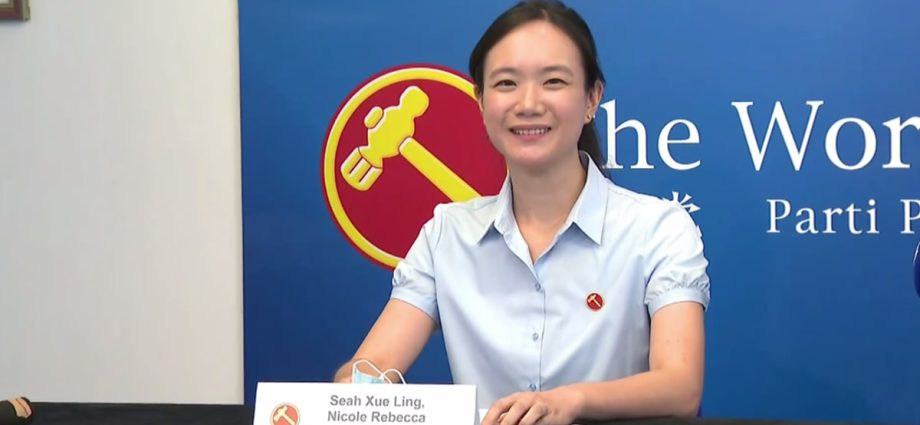
Despite facing a PAP team led by Mr Goh, the NSP team garnered 43.36 per cent of the votes with a thin slate of candidates, among whom Ms Seah and former MP Cheo Chai Chen were the more recognisable names.
The better-than-expected result was attributed to Ms Seah’s popularity online and offline. It was also partly a reflection of the general swing against the ruling party, 2011 being the watershed election in which the PAP lost a GRC for the first time.
Later that year, Ms Seah supported opposition politician Tan Jee Say in his presidential bid.
HIATUS FROM POLITICS
Two years after being propelled into the limelight, Ms Seah shared about the pressure she had been under and how it had affected her.
In a Facebook post, she said that 2013 had been the “worst year” of her life thus far. Besides relationship troubles, and a gruelling schedule, she had to deal with her grandmother’s cancer diagnosis.
Ms Seah said that she was “arm-twisted” into making bad decisions during the Presidential Election, and “felt like a fraud being invited to speak at conferences everywhere”. She also wrote of people sending her rape and death threats, and “burning out from all ends”.
She described having a panic attack, contracting dengue fever and spoke about how her health suffered. But she ended her post on a positive note, writing: “Lastly, whenever you’re down and out, remember that the biggest blessing from here on is this – The only way now is to go up.”
That year, she also dealt with reports that suggested she was dating a married man, when the man in question was in fact divorced. The media outlets later issued an apology to Ms Seah.
After this crisis, she moved to Thailand for a job in the advertising industry.
In August 2014, she quit the NSP, calling it an “extremely difficult” decision to make.

